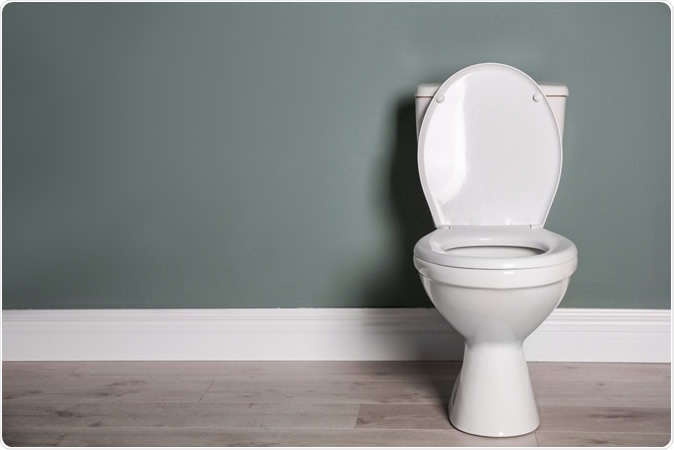The coronavirus disease (COVID-19) has spread to180 countries and territories, affecting more than 850,000 people. The transmission of the coronavirus is through respiratory droplets. However, the risk of transmission through feces is low, based on data from previous coronavirus outbreaks. Though transmission of the novel coronavirus through sewerage systems is low, testing could help predict coronavirus outbreaks or spread.
The coronavirus pandemic has taken a grave toll on many countries. As efforts of community quarantines and lockdowns are imposed, the situation is still grim. Mass testing and identifying infected individuals is crucial to curb the spread of the virus. Even, without the ability to screen asymptomatic patients effectively and quickly, the carriers may increase the risk of disease transmission.
To stem the spread of the virus in the community, fast and accurate screening is needed. With the dwindling number of health care professionals who can effectively screen infectious individuals per household, determining carriers can be a daunting task.
Now to address this problem, a team of researchers at Cranfield University is working on a new test to detect the severe acute respiratory syndrome coronavirus (SARS-CoV-2) in the sewerage systems or wastewater of communities grappling with the virus.
This alternative method using wastewater-based epidemiology (WBE), may provide an effective method to predict the potential spread of the infection through testing for infectious agents in wastewater from sewerage systems.

Image Cedit: New Africa / Shutterstock
What is wastewater-based epidemiology?
Wastewater-based epidemiology (WBE) is an arm of science that focuses on shedding light on human behavior and public health by studying the contents of sewage. The technology has become a useful tool used widely by health officials across the globe. It can also help monitor the current COVID-19 pandemic.
In the study published in ACS Publications, the researchers believe that the WBE approach could provide an effective and fast way to project the potential spread of COVID-19, by testing for biomarkers from urine and feces from virus carriers in the wastewater that enters the sewer system.
WBE is a process wherein scientists perform chemical analyses on samples taken from sewage plants. The team plans to bring together modern and cutting edge biomedical and chemistry techniques to build cheap, paper-based sensors, which can detect the rise of pathogens in communities such as superbugs, bacteria, and even viruses that cause outbreaks.
“In the case of asymptomatic infections in the community or when people are not sure whether they are infected or not, real-time community sewage detection through paper analytical devices could determine whether there are COVID-19 carriers in an area to enable rapid screening, quarantine, and prevention,” Dr. Zhugen Yang, Lecturer in Sensor Technology at Cranfield Water Science Institute, said.
“If COVID-19 can be monitored in a community at an early stage through WBE, effective intervention can be taken as early as possible to restrict the movements of that local population, working to minimize the pathogen spread and threat to public health,” he added.
Paper test
To conduct the test, the scientists will use paper-based sensors to detect pathogens in feces and urine in the sewage system. The paper-based sensors would be used at treatment plants to identify biomarkers of COVID-19 in human waste. The sensors will filter the nucleic acids of the pathogen; in this case, the severe acute respiratory syndrome coronavirus (SARS-CoV-2). When the virus can be detected in the water, it would present as a green circle on the paper. The method could help detect the presence of an outbreak in the community, which can prompt early measures to contain the virus.
“Such an approach could provide near real-time and continuous data and serve as an early warning sensing system to help local governments and agencies make effective interventions to isolate potential virus carriers and prevent the spread of epidemics,” the researchers wrote in the paper.
“We believe that in the case of asymptomatic infections in the community or people are not sure whether they are infected or not, rapid and real-time community sewage detection through paper analytical devices can determine whether there are SARS-CoV-2 carriers in the area promptly to enable rapid screening, quarantine, and prevention,” they added.
Sources:
Journal reference: